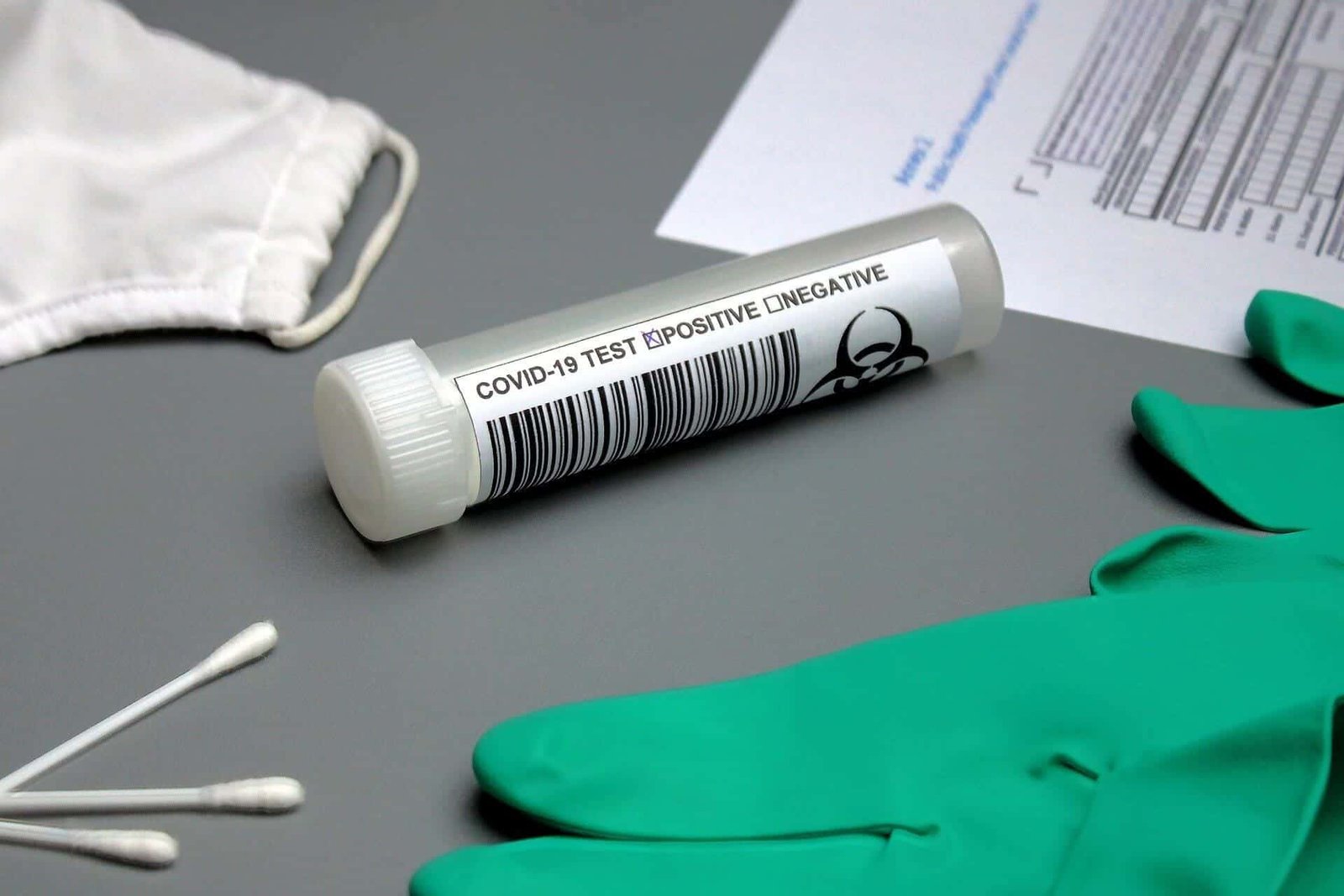Liverpool is set to become the first city in England to pilot universal COVID-19 testing, aiming to bring down the city’s number of cases.
Everyone living or working in Liverpool will be offered COVID-19 testing, this also includes whether they have symptoms or not.
It will be the first pilot of a whole city being tested, made possible by the dramatic increase in testing capacity and new technologies.
The Prime Minister is announcing the first deployment of whole city testing in order to help support the local area to find even more people with coronavirus to control the spread of the virus and gain more data on the number of cases across the city. At the request of and in close collaboration with local leaders, testing will begin this week.
Testing of residents and workers will be a combination of existing swab tests, as well as new lateral flow tests which can rapidly turn around results within an hour without the need to be processed in a lab, as well as ‘LAMP’ technology due to be deployed in Liverpool University Hospitals NHS Foundation Trust for NHS staff.
The pilot will help to inform a blueprint for how mass testing can be achieved and how fast and reliable COVID-19 testing can be delivered at scale.
Testing will be carried out in sites across the city, including a large number of new sites determined by local leaders. There will be a variety of ways to book a test, including online, walk-up, or by invitation from the local authority.
Existing test sites and new sites will be carrying out testing, using home kits, in hospitals and care home settings, and schools, universities and workplaces.
Positive results from tests will be collected by NHS Test and Trace and published as part of the daily case numbers, this will include how many positive cases are detected with the new method. Results will be received from NHS Test and Trace via text and email.
If tested positive, using either a lateral flow test or swab test, you must self-isolate along with your household immediately and your contacts with be traced. Those who test negative will need to continue to follow all national guidance.
More advanced tests will help identify infectious individuals who are not displaying symptoms and help far more positive cases so they can self-isolate and prevent the spread of the virus.
Eligible individuals who test positive and contacts who are required to self-isolate will be entitled to the £500 Test and Trace Support Payment in the same way as a regular swab test ordered through NHS Test and Trace.
Liverpool is in Local COVID Alert Level Very High and weekly cases currently stand at 410.4 per 100,000, as of 25 October. The government’s strategy is to suppress the virus while supporting the economy, education and the NHS, until an effective vaccine is widely available. Local action is at the centre of the government’s response, and engagement with local authorities is, and will continue to be, a key part of this process.
Liverpool City Council will set out how residents and workers will be able to access the tests this week.
Mayor of Liverpool Joe Anderson said: “During negotiations with central government, myself and Steve Rotheram have always highlighted the need for enhanced public health intervention measures in Liverpool and the wider city region, and we were keen that we should be considered for any new strategies to tackle the worrying rise in Covid-19.
“We are pleased that our numerous conversations have resulted in Liverpool becoming a pilot for mass testing, which will help to quickly identify people who have the virus and reduce transmission substantially.
“We are seeing a slow reduction in figures in Liverpool which shows we are on the right path and residents and businesses are working together and following guidelines for the greater good.
“We hope this new initiative boosts our efforts, and we will continue to see the numbers of positive cases drop across the city.”
Alongside NHS Test and Trace and commercial partners, the Ministry of Defence will supply additional military personnel to support the COVID-19 mass testing initiative in Liverpool through assisting local authorities with planning logistics locally, and delivering the additional lateral flow testing part of the programme. Roughly 2000 personnel will be deployed from Thursday 5 November.
Since the start of the pandemic, the Armed Forces have deployed specialist planners, medics and logisticians to assist with the Government response to the outbreak through the COVID Support Force. When the National Testing Programme launched, the Armed Forces provided invaluable support, deploying thousands of personnel at short notice across 236 mobile testing units, carrying out more than 700,000 tests. As part of the sustainable testing model for the long term, personnel were replaced with civilian operators, but Armed Forces have continued to bolster local logistics and outbreak management.









